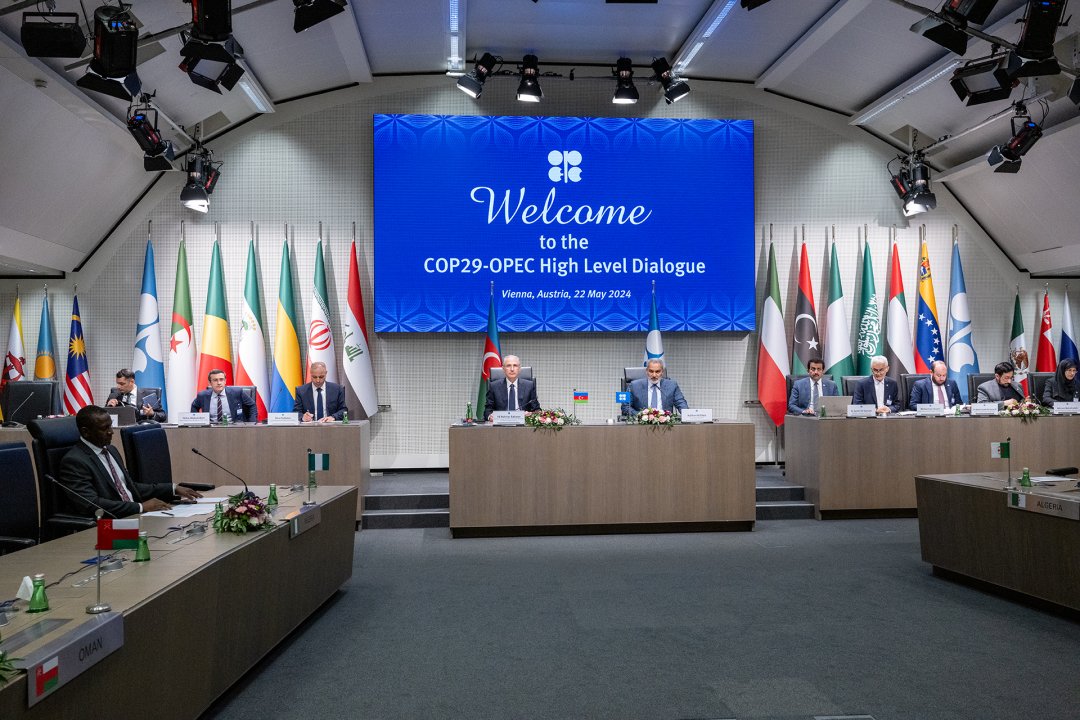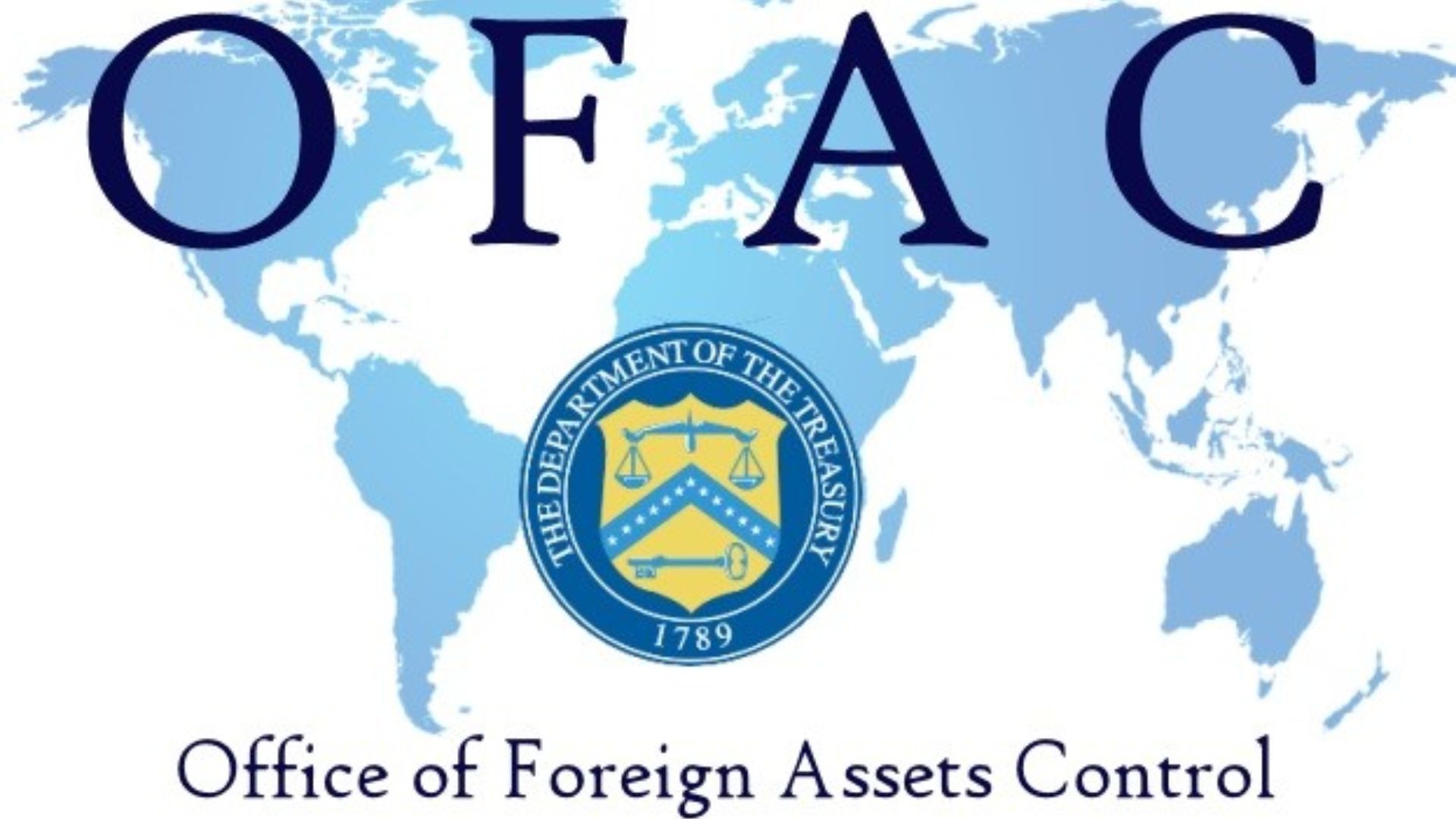165th Meeting of the OPEC Board of Governors, May 7, 2024, Vienna (Austria). Photo: OPEC Media Center.
Guacamaya, April 7, 2025. A Reuters survey reveals that the oil cartel’s crude output fell by 110,000 barrels per day (bpd) last month, driven by cuts in three key members, while Saudi Arabia slashes prices and OPEC+ prepares to increase production.
Venezuela’s Executive Vice President Delcy Rodríguez already stated on April 1 that Reuters’ report claiming Venezuelan oil exports fell by 11.5% in March is false. On the contrary, she declared that they had risen by 8.78%.
OPEC produced 26.63 million bpd in March, 110,000 less than in February, according to the survey. Nigeria, Iran, and Venezuela accounted for most of the decline, with a combined reduction of 50,000 bpd.
Nigeria adjusted its shipments to its new Dangote refinery, though it still slightly exceeds its assigned quota.
Iran, which had reached its highest output level in six years in February, faces pressure from the U.S., which is seeking to block its exports amid stalled nuclear deal negotiations.
Venezuela saw its foreign sales drop due to U.S. sanctions, including a 25% tariff on countries purchasing its crude and the mandatory withdrawal of companies like Chevron by May.
Six days ago, Venezuela’s Executive Vice President Delcy Rodríguez insisted that reports of a decline in the country’s oil production were untrue and asserted that, on the contrary, crude exports had grown by 8.78% in March.
Through her Telegram account, Rodríguez, who also serves as Minister of Hydrocarbons, dismissed reports of a drop in Venezuelan production as “falsehoods” and demanded a correction.
“Venezuela demands rectification and an end to falsehoods against our energy industry. Nothing and no one will derail our path to recovery!” she wrote on Telegram, referring to information published by Reuters.
Trade Resistance Despite Sanctions
Although President Trump claimed on March 30 that ships had left Venezuela, tracking data shows that tankers continue to arrive at its ports, indicating that trade persists.
Despite these pressures, maritime tracking data confirms that oil tankers are still docking at Venezuelan ports, supporting the government’s claim that its export activity continues.
The report comes after two strategic moves:
- Saudi Arabia: Sharply cut its official crude selling prices, the biggest adjustment in over two years, ahead of a production increase.
- OPEC+: Announced it will triple its planned output hike for May, raising it from 135,000 bpd to a higher volume in an attempt to stabilize the market.
OPEC faces a complex scenario, with geopolitical pressures and internal adjustments, as the market anticipates greater crude volumes amid uncertain demand.







